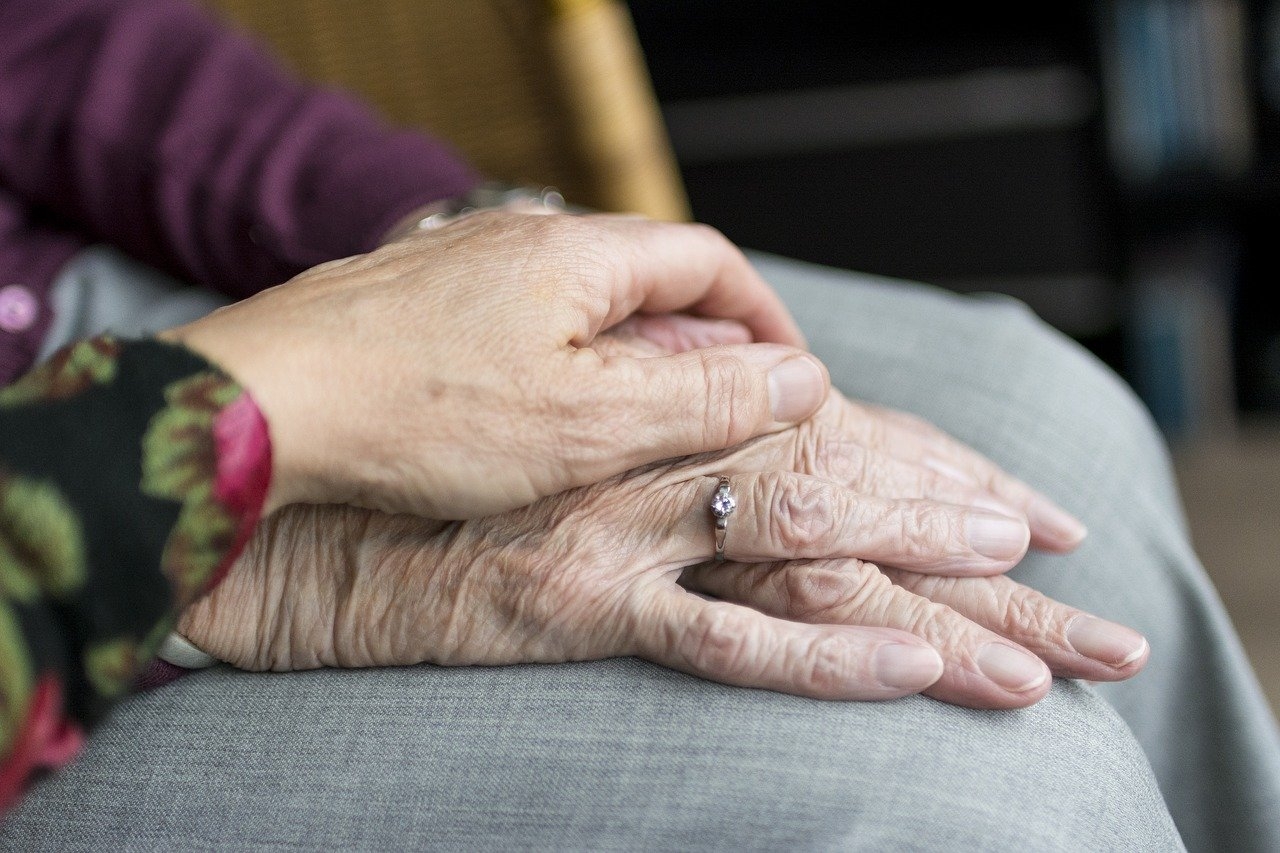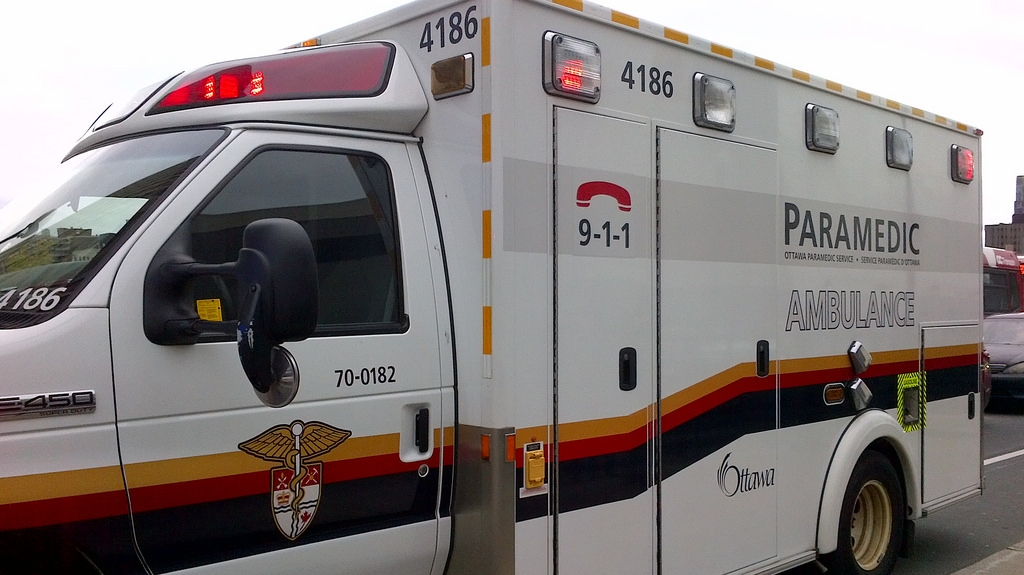
Advance care planning more important now than ever
By Amy Doyle
Advanced care planning – decisions about what you’d like your end of life care to look like – have always been important, but COVID-19 has made such discussions more important now than ever, particularly for those in their senior years. The virus has significantly more serious outcomes, including higher mortality rates, the older you are or the more frail you may be.
“If COVID-19 has done one thing, it has highlighted the importance of advanced care planning conversations,” says Dr. John Muscedere, the Scientific Director of the Canadian Frailty Network (CFN). CFN is a Canadian research network focused on improving care for the 1.5 million people over age 65 currently living with frailty and their 3.75 million unpaid family and friend caregivers.
An important priority for CFN in recent years has been funding research into methods of increasing the use of, and access to, advance care planning by older Canadians. Advance care planning is a conversation between an individual and the people closest to them about their preferences for future care, often including end-of-life care. The preferences can be medical, but they can also be emotional or social, which could reflect a desire to avoid hospitalization or a wish to have family as close as possible.
“It’s not a pleasant thought, but if you have people close to you who are frail, you need to know that they are more at risk from COVID-19,” says Dr. Muscedere.
The COVID pandemic is providing not only context for these discussions, but also grim examples of why they are so important. The story of Bobcaygeon, Ontario, is by now well known to many Canadians. The Pinecrest Nursing Home has been ravaged by COVID-19. Now nearly half of the home’s 65 elderly residents have died, 24 of the staff are infected, and the story looks likely to worsen before it begins to get better.
As the crisis began to take hold, the home’s Medical Director, Dr. Michelle Snarr, sent a letter to family members, outlining for them the realities that would occur should their loved one be taken to hospital. Their relative would likely be placed on a respirator, suffer significant discomfort, and quite possibly, die anyway. She asked them to consider whether that outcome was really in their loved ones’ best interests.
Dr. Snarr’s poignant, yet heartbreaking letter in a time of crisis has focused national attention on the importance of advanced care planning, but also on how vital it is for patients to understand the risks and outcomes of hospital procedures on frail older adults.
“Often aggressive interventions are not in the best interests of fragile people,” says Dr. Snarr.
“Consider what would happen were these poor souls to be placed on a ventilator, paralyzed and sedated for several weeks. This is the only way to try to save the life of a COVID-19 victim at this stage. If they survived, they wouldn’t be the same person. They would have lost weight, lost the ability to walk and whatever measure of independence they once had would be permanently gone,” says Dr. Snarr.
“Cognitive impairment is quite likely for a frail person on mechanical ventilation. The brain of an elderly person is quite vulnerable to stress, so if a person with dementia survived being on a ventilator, their dementia would have permanently worsened,” Dr. Snarr adds.
Dr. Sandy Buchman, President of the Canadian Medical Association and a palliative care physician, echoes these sentiments. He knows all too well the dangers posed to older Canadians, particularly those living with frailty, by diseases like COVID-19 as well as seasonal illnesses like influenza. Dr. Buchman strongly supports advance care planning discussions among families and clinicians.
“Elderly Canadians are wise. They understand that aging comes with an end date. But their middle-aged children are not necessarily there yet,” says Dr. Buchman. “And sadly, during unprecedented times such as these, suddenly they may be forced to face it quickly. They have to allow their elderly parents to express their autonomy, their decision-making powers, yet if their parents are unable to make a decision, as we are seeing happening now during this pandemic, then children may have to consider which is the kindest way for their parent to die.”
Dr. Buchman points out that there are many resources available for people who want to initiate a conversation about advance care planning but aren’t sure how to go about it. He points to organizations such as the Canadian Hospice Palliative Care Association and Speak Up Canada.
Meanwhile, as a caregiver to older frail parents of his own, Dr. Buchman and his siblings have talked to his parents about their care preferences.
“We have had frank and open conversations about death and about dying, so we know our parents’ wishes,” says Dr. Buchman. “Because we’ve had this conversation, that’s relieved a huge burden on us as family and caregivers and decision makers. By being open and frank about death, not being afraid to deal with it, I know we’ll do right by them.”
Dr. Snarr, a family practitioner, adds, “In my office I try to talk about end of life wishes with anyone over 50. The overwhelming response is that people want a good quality of life, not just a longer life. Nobody has ever told me that they want to live out their lives on a ventilator.”
Amy Doyle is the former publisher of Healthy Living Now magazine and now manages communications and partnerships for the Canadian Frailty Network.
Photo: Pixabay









